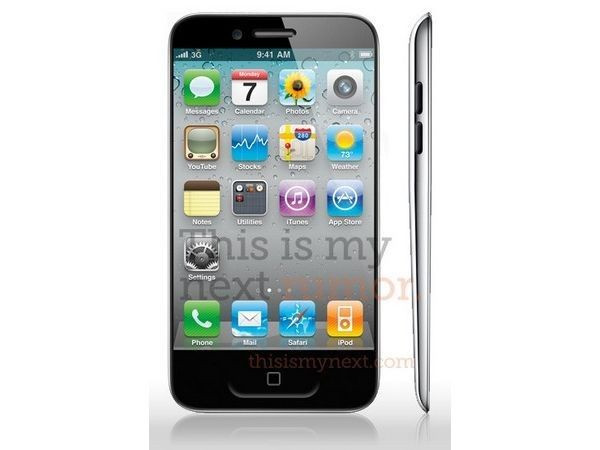iPhone 5 Prototype Lost: A Smart Marketing Gimmick?

History typically repeats itself. The finest example of this saying came from Apple whose iPhone 5 prototype is said to be lost in a bar.
Reports of the loss of an iPhone prototype, the second instance in a year and a half, has created suspicion that the entire event could be a publicity stunt by Apple to market the device.
In April 2010, Apple lost an iPhone 4 prototype that went missing in a bar just before its release. But Apple was lucky to get it back after it had been sold by a finder to tech blog Gizmodo for $5000.
But this time Apple is having a tough time getting back its iPhone 5, which was reportedly sold on Craiglist for $200.
Technology news website CNET reported on Wednesday that an Apple employee lost the iPhone 5 in a San Francisco tequila bar in July prompting the tech giant to scramble to recover the device over the next few days.
Was the iPhone 5 prototype genuinely lost, or was it a smart marketing move by Apple?
First things first. On the logical front, it is difficult to digest that a trusted employee who was given an iPhone prototype for testing outside the lab would take it to a bar and carelessly leave it there, especially after Apple became more stringent in its security following last year's fiasco.
I guess I'll have to make my drinks a little less strong, said the owner of the restaurant, Jose Valle.
In addition, there are no photos or details on the device available since the initial report on CNET, a stark contrast to last year's debacle.
Apple is said to have traced the phone to a home in the Bernal Heights neighborhood in San Francisco. But the man apparently living there denied knowledge about the phone but he did agree that he was in the bar where the device went missing. The police searched the house but they found nothing. Apple offered the man money in exchange for the phone but the man continued to deny any knowledge of the phone.
Even, San Francisco Police Department has no records related to any such investigation by its inspectors, SF Weekly reported citing SFPD spokesman Officer Albie Esparza.
All these findings show that Apple may be attempting a cheap publicity stunt to increase the buzz around its flagship device, which according to recent polls would be a smash success.
Apple may be following a simple idea. Boost the anticipation for iPhone 5 till its launch as money could not buy this type of hype and sales-generating buzz.
Apple may also want to divert the attention of investors and general public to iPhone 5 from the departure of Steve Jobs. Speculation is rife that the departure of Jobs could hurt Apple in terms of innovation and cool factor that has been the key success of Apple devices.
Rumors suggest the iPhone 5 might be launched either in September or October. Apple has delayed its iPhone 5 to fall from its traditional summer release, presumably to brush up its specifications to rival its Android competitors like Samsung, HTC and Motorola. Samsung recently launched its best-selling smartphone, Galaxy S2, in the U.S. Galaxy S2 is touted as an iPhone killer.
Take a look at the most-rumored iPhone 5 features:
The iPhone 5 would run on iOS 5 and would feature iCloud that will store photos, apps, calendars and documents instead of the phone's memory storage.
Apple may probably go for a 4-inch screen for iPhone 5 to compete with Android smartphones. The iPhone 4 has a 3.5-inch screen.
Apple is expected to release the iPhone 5 as a World Phone - both GSM and CDMA compatible. Another rumor suggested that the iPhone 5 will feature a SIM card slot for other countries except the U.S, allowing users to insert any SIM card when traveling abroad.
Apple may bring its A5 chip on to the iPhone 5, which is expected to sport an 8-megapixel camera. The A5 processor is the same that powers iPad 2. Apple may boost the speed of its A5 chip in the range of 1.2 or 1.5 GHz.
Apple may fit a near-field communication (NFC) chip in the iPhone 5 that allows for simplified transactions, data exchange, and connections with a touch.
Apple has sold more than 110 million iPhones since the company first launched the smartphone in 2007. California-based Apple's only challenge over iPhone is that it should deliver a product that lives up to the hype.
© Copyright IBTimes 2025. All rights reserved.



















